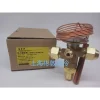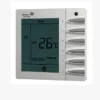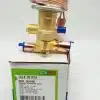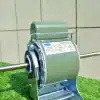How to Detect and Fix Air Cond Refrigerant Leaking Issues
When it comes to air conditioners, one of the most common problems homeowners face is a refrigerant leak. A refrigerant leak in your air conditioner can not only reduce the unit’s efficiency but also result in higher energy bills and long-term damage if not addressed quickly. If you’ve noticed your AC isn’t cooling as well as it should or has started making strange noises, it might be time to investigate a potential air cond refrigerant leaking issue.
In this blog, we’ll explain how to identify refrigerant leaks in your air conditioner, the dangers of ignoring them, and the steps to fix the problem.
What Is Refrigerant, and Why Is It Important for Your AC?
Refrigerant is a vital component in your air conditioner that helps cool the air inside your home. It circulates through the AC system, absorbing heat from the indoor air and releasing it outside. Without an adequate amount of refrigerant, your air conditioner can’t function properly, leading to insufficient cooling and higher energy consumption.
An air cond refrigerant leaking issue occurs when there is a hole or crack in the refrigerant lines, causing the refrigerant to escape. This can happen due to normal wear and tear, external damage, or corrosion over time.
Signs of an Air Cond Refrigerant Leaking Problem
The most obvious symptom of a refrigerant leak is poor cooling performance. However, there are other signs to watch for that indicate your air conditioner may be low on refrigerant due to a leak:
1. Warm Air Blowing from Vents
If your air conditioner is blowing warm air instead of cool air, it could be a sign that your refrigerant levels are too low. The refrigerant is responsible for absorbing heat from your indoor air; without enough of it, the AC can’t effectively cool the space.
2. Increased Energy Bills
An air cond refrigerant leaking problem can make your system work harder to try and cool your home. As a result, your air conditioner will consume more energy, leading to higher electricity bills. If your energy bills are rising without a corresponding change in usage, a refrigerant leak could be to blame.
3. Hissing or Bubbling Noises
If you hear strange hissing or bubbling noises coming from your air conditioner, it could indicate that refrigerant is leaking from the system. This sound is often caused by the escaping refrigerant gas, which should be addressed as soon as possible to avoid further damage.
4. Frozen Coils
When the refrigerant levels are low, the evaporator coils inside the air handler can freeze over. This happens because the refrigerant can no longer absorb heat from the air, causing condensation on the coils to freeze. If you notice ice buildup on your coils or the refrigerant lines, it’s a clear sign that you may have a refrigerant leak.
5. Frequent Cycling On and Off
An AC unit with low refrigerant can struggle to maintain the set temperature, causing it to turn on and off more frequently than normal. This on-and-off cycling can stress the system, reduce its lifespan, and result in inefficient cooling.
How to detect refrigerant leaking spot?
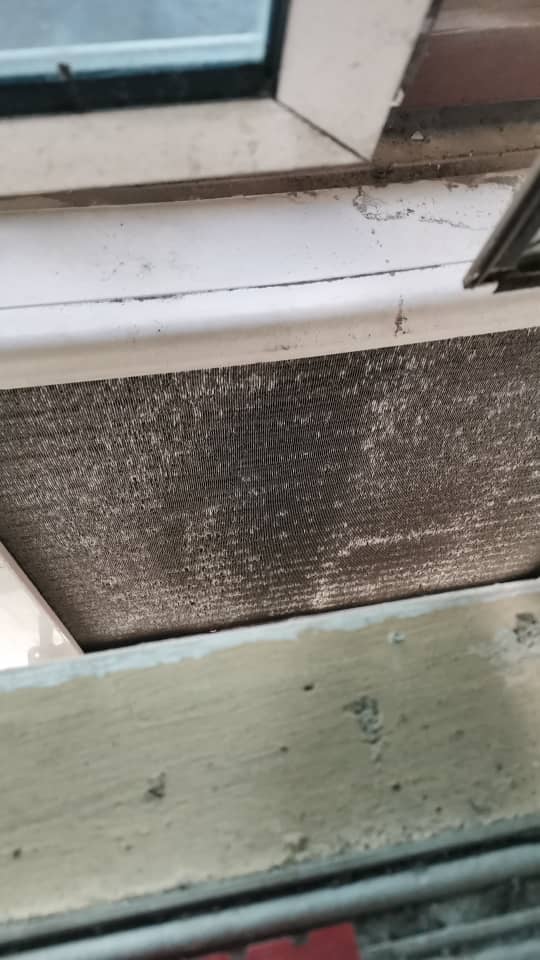
Find the refrigerant leaking spot can be tricky, technician normally will look for the oil stain on the flare nuts, evaporator coil & condenser coil, any visible copper part. Some technician will use gas detector, but use gas detector can’t guarantee the detection will be easier.
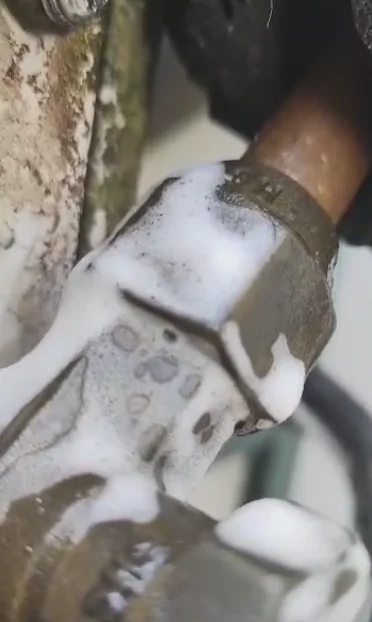
After found the oil stain, technician will use soap to test the leakage spot. Some leakage spot is hard or not able to be welded.
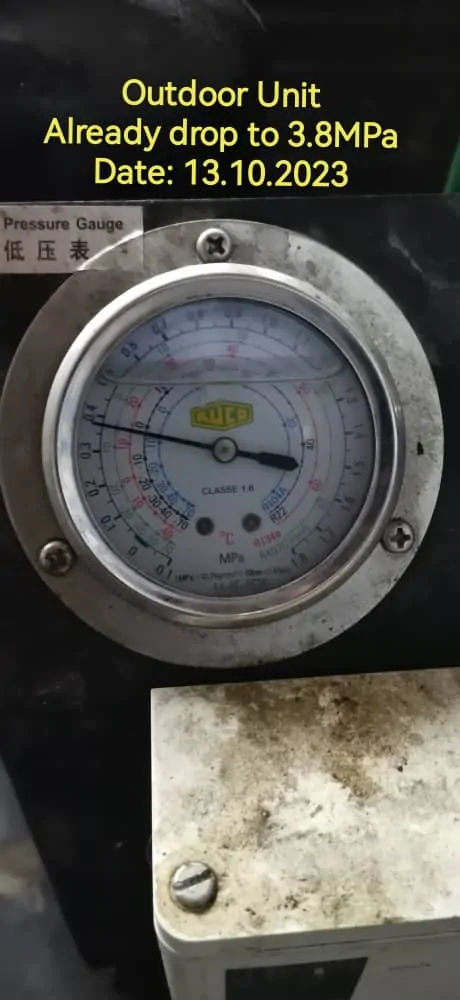
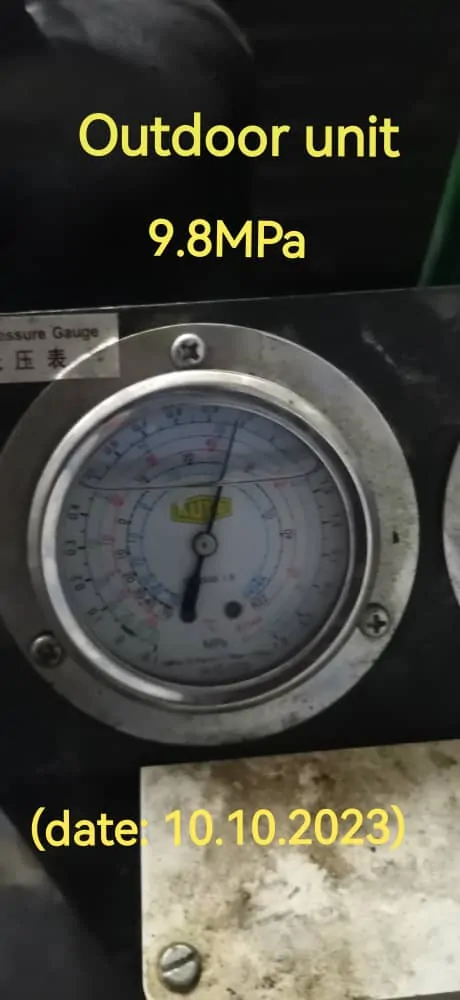
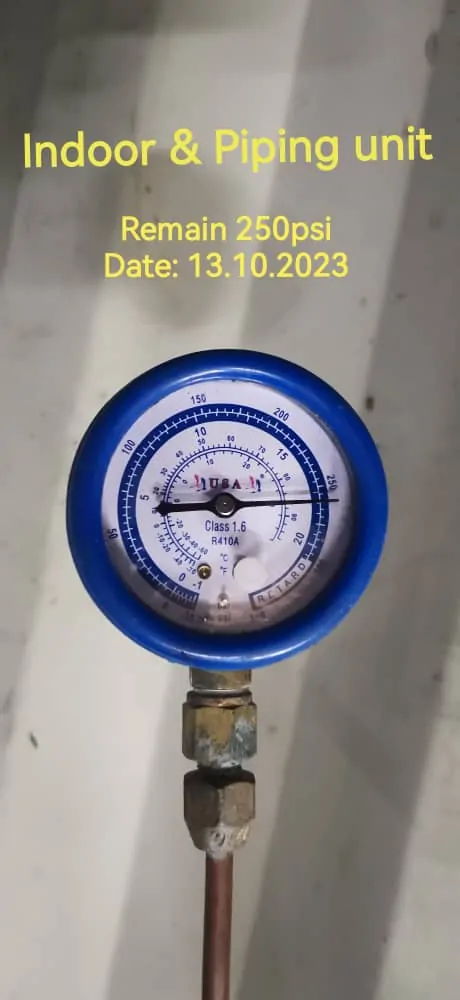
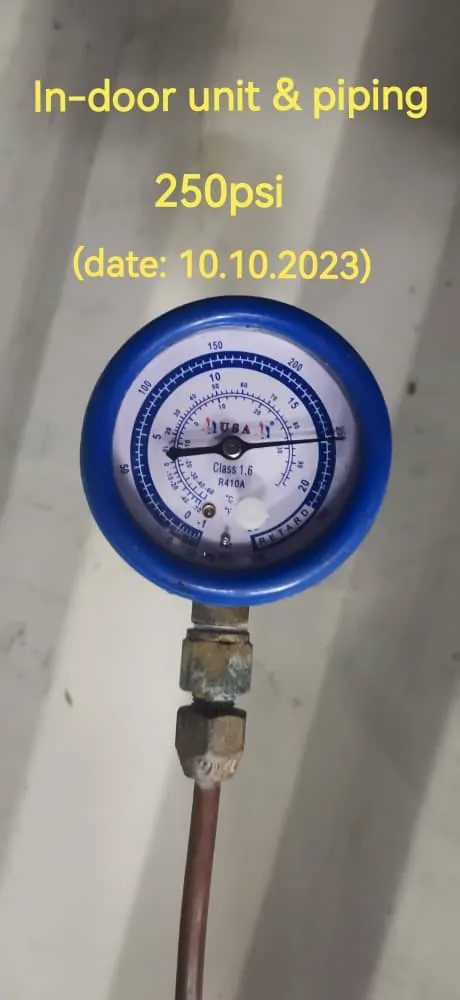
Another method is pressure test by Nitrogen, this method will more costly.
Why Should You Address an Air Cond Refrigerant Leaking Issue Quickly?
Ignoring a refrigerant leak can cause a number of problems for your air conditioning system:
- Reduced Cooling Efficiency: The most immediate effect is that your AC won’t cool your home as effectively, leading to discomfort during hot weather.
- Higher Energy Bills: Your AC will have to work harder to achieve the same level of cooling, resulting in increased energy consumption and higher bills.
- Compressor Damage: The compressor, which is one of the most expensive components of an air conditioner, can be damaged if the refrigerant leak is not fixed. Running an AC without sufficient refrigerant can cause the compressor to overheat and fail.
- Environmental Impact: Refrigerant is harmful to the environment, and if it’s leaking out, it contributes to ozone depletion and climate change. Fixing the leak promptly ensures that no harmful chemicals are released into the atmosphere.
How to Fix an Air Cond Refrigerant Leaking Issue
If you suspect you have an air cond refrigerant leaking issue, it’s essential to contact a professional HVAC technician. Handling refrigerant requires specialized knowledge and tools, and it’s not a DIY fix. Here’s what the process typically involves:
1. Leak Detection
A certified HVAC technician will begin by using special tools like ultraviolet (UV) lights, electronic leak detectors, or a dye injection system to locate the source of the leak. Once the leak is found, the technician will advise on the best course of action.
2. Repairing the Leak
After detecting the leak, the technician will repair or replace the damaged parts, such as refrigerant lines, coils, or connections. The repair method will depend on the location and severity of the leak.
3. Recharging the Refrigerant
Once the leak is repaired, the technician will recharge the system with the correct amount of refrigerant. This is important because an AC system requires a precise amount of refrigerant to operate efficiently and cool the air effectively.
4. Testing the System
After the repair and recharging, the technician will test the system to ensure it’s working correctly. This involves checking the airflow, cooling performance, and monitoring for any signs of another refrigerant leak.
Preventing Future Air Cond Refrigerant Leaking Issues
While some refrigerant leaks are inevitable, there are steps you can take to prevent them from happening too frequently:
- Schedule Regular Maintenance: Regular service checks from an HVAC professional can help spot potential issues before they become significant problems. Maintenance will also ensure your system is running efficiently.
- Inspect the Unit for Damage: Keep an eye on your outdoor unit and ensure it’s not exposed to damage from debris, weather, or physical impacts. Damaged components are more prone to developing leaks.
- Keep Coils and Filters Clean: Clogged air filters or dirty coils can put undue stress on your AC system, increasing the likelihood of refrigerant leaks.
Final Thoughts
An air cond refrigerant leaking problem can lead to inefficient cooling, higher energy costs, and potential damage to your AC unit. If you notice any of the signs of a refrigerant leak, it’s crucial to contact a professional HVAC technician immediately to address the issue. Regular maintenance can also help prevent refrigerant leaks and extend the lifespan of your air conditioning system, keeping your home cool and comfortable year-round.
By taking prompt action, you can ensure that your air conditioner runs efficiently, saving you money and preventing long-term damage.
